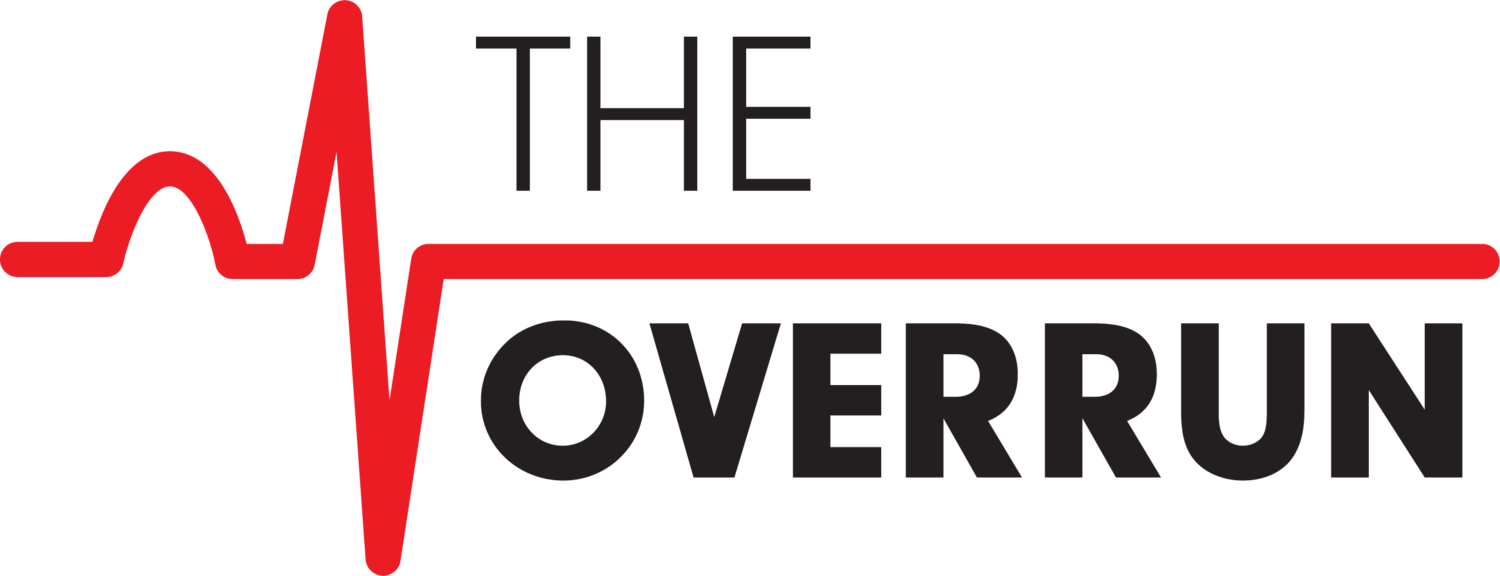Dr. Peter O'Meara discusses the concept of paramedic practitioners and the need for higher education and professional recognition in the field. He compares paramedic practice in the US and Australia, highlighting the similarities in patient populations and the importance of a unified profession. The attrition rates and lack of a career ladder in the US are identified as issues that can be addressed through education and professional development. The role of NEMSAC and previous recommendations for degree programs are discussed, as well as the opposition from organizations like NAEMT. The importance of having a voice and separating paramedics from agencies and the need for modernization in EMS is emphasized. The conversation concludes with discussing paramedic terminology in Australia and the significance of publishing and discussing these topics.
The concept of paramedic practitioners and the need for higher education and professional recognition in the field
Comparison of paramedic practice in the US and Australia, highlighting similarities and the importance of a unified profession
The attrition rates and lack of career ladder in the US can be addressed through education and professional development
The importance of having a voice for paramedics and separating paramedics from agencies
Then,
In this conversation, Louis Imperatrice, the National Manager of Clinical Excellence for DACA, discusses the absence of a clinical ladder and degrees in paramedicine, which he believes is detrimental to the field. He highlights the limitations of EMS and the lack of upward movement, leading to the loss of professionals. The fragmented nature of EMS systems and the need for change are also discussed. Imperatrice emphasizes the need for federal funding and lobbying in EMS, as well as the importance of modern-day leadership and education. He suggests the implementation of clinical and management tracks in EMS education to improve the industry.
Takeaways
The absence of a clinical ladder and degrees in paramedicine is detrimental to the EMS field, leading to a lack of upward movement and the loss of professionals.
EMS systems are fragmented, and there is a need for change and standardization.
Federal funding and lobbying are necessary to support EMS and promote necessary changes.
Modern-day leadership and education are crucial in improving the EMS industry.


